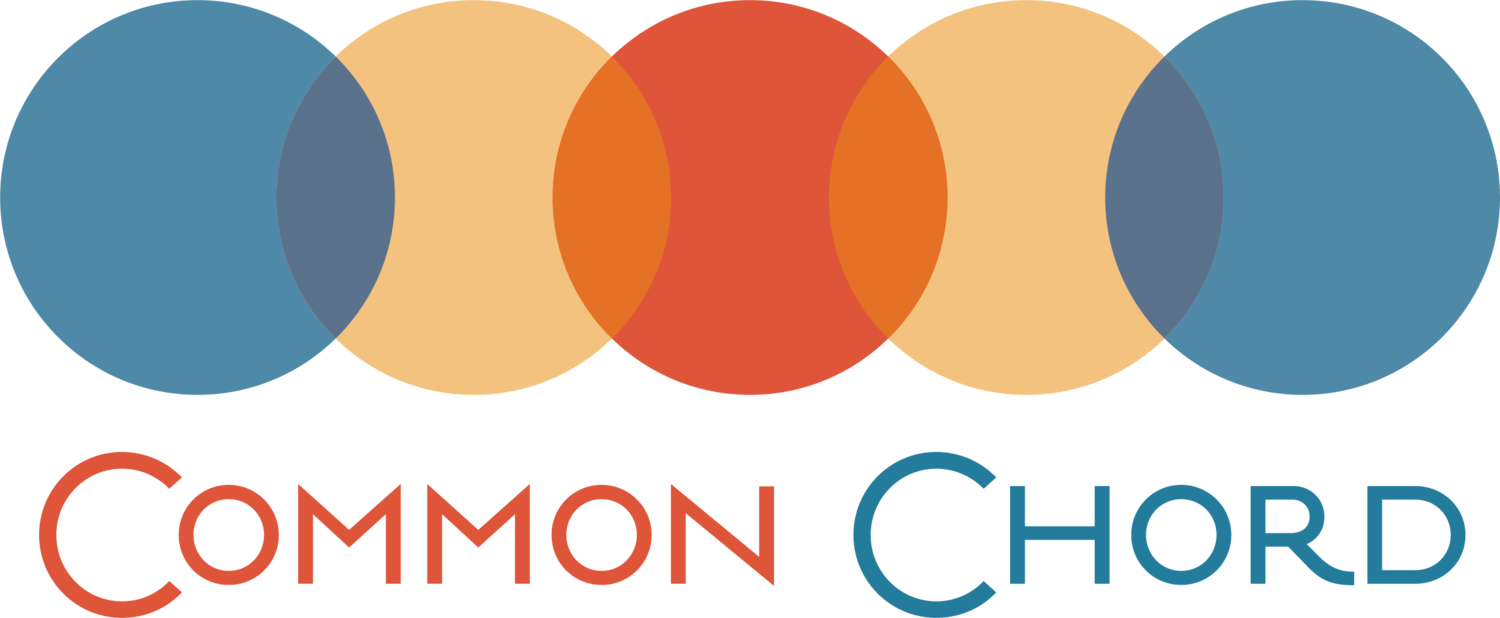Grief Series 1: Supporting Bereaved Parents with Heidi Low
For most of us, the loss of a child is truly incomprehensible. Many struggle with what to say and to do to help parents who are grieving. We want to do and say the “right thing” but it can be really difficult to find that right thing in a situation that is inherently wrong.
Given that it is tricky to know what to do, people often say nothing, and this isn’t ideal.
This isn’t an area of specialization of mine, but I have been able to learn from people who do this work for a living. They have some tips for folks wondering how to best support grieving parents.
Show up.
It’s better to say the wrong thing than nothing at all. And………some attention to your words is important. For instance, talking about children who have died “being in a better place” is pretty hard on surviving parents.
Don’t put the parents in the position to reach out to you by stating: “I’m here if you need me.” That is well-intended, but it is very open-ended and requires that the parents find the mental energy to clarify what they need and feel comfortable asking for it. Ask what tangible needs with which you can help (meal prep, groceries, carpooling kids).
Send periodic messages that are reminders that you are thinking of the parent.
Showing emotion is natural- as long as your emotions don’t overtake a situation and put the parent in the position of taking care of you.
Ask if they would like to talk about their child. Many parents find that no one speaks about the child who died, and this is extra lonely.
Parents who are grieving often struggle connecting with others in their time of need as people are afraid to have conversations and they are unsure what to do. I invited Heidi Low onto the podcast to create a space for aunts, friends, clinicians, and those surrounding people who have experienced unthinkable loss and how they can support parents.
Heidi Low is the founder of ‘Ohana Oasis, a nonprofit organization whose mission is to empower bereaved parents to live a life of joy and purpose. She began the organization in 2013, nine years after the death of her daughter, Alison Belle, to a brain tumor at the age of five.
What You Will Learn:
•Operating from a place of fear is not helpful
•It is better to say the wrong thing than to say nothing at all
•Stop and think about what you're saying and how it would land if you were in this position
•Don't make the parent do the work
•Scripts for what to say when
Listen to the full podcast here.
Thank you for connecting,
Dr. Laura Anderson
Dr. Laura S. Anderson specializes in educating and supporting families, as well as clinicians who support transracial adoptive families, across the globe to overcome barriers, derive strength from their differences, and thrive. She is a dynamic advocate for multiracial families and a strong advocate for supporting "third culture" children and families who may need support with the stressors associated with living out of their countries of origin and kids navigating gender and diversity.
Contact Dr. Anderson here.



